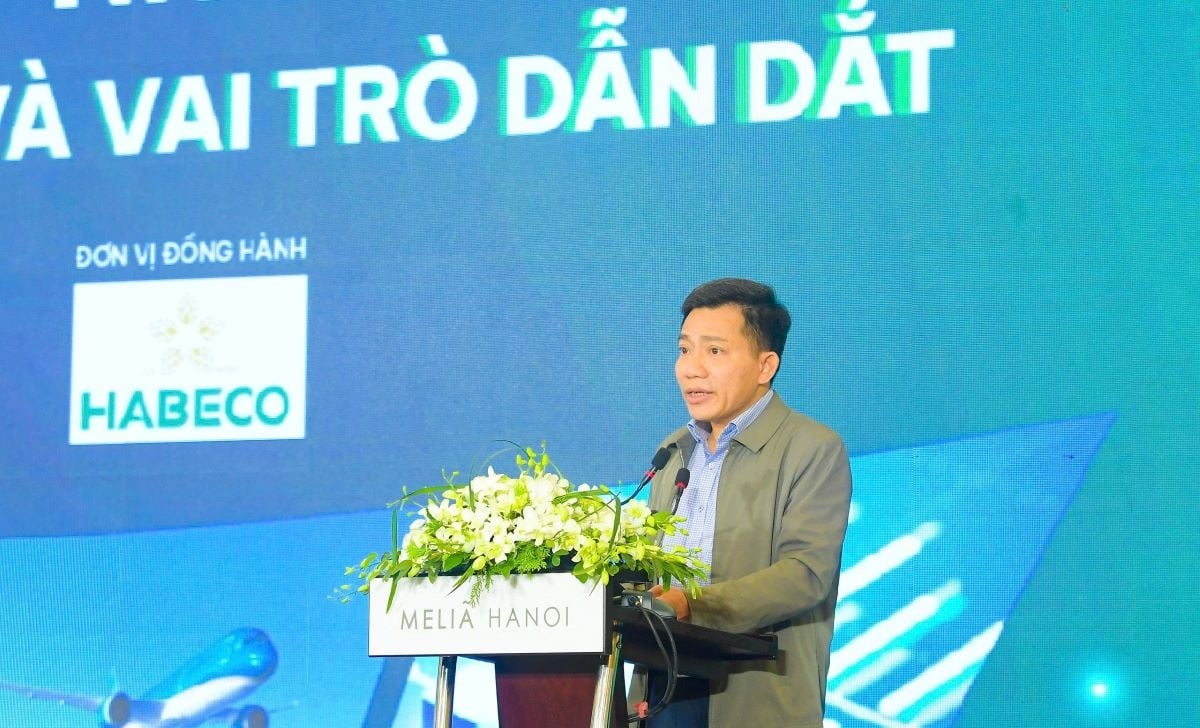 |
| Mr. Nguyen Tat Thai - Deputy Director of the Department of Forecasting, Statistics - Monetary and Financial Stability ( State Bank of Vietnam ) spoke |
Paradox of market share and "thirst" for charter capital
According to the latest report of the Government, the financial picture of the state-owned enterprise (SOE) sector in 2024 and the first months of 2025 continues to record bright colors, affirming its role as an important material force of the economy . However, behind the impressive profit figures are "bottlenecks" in mechanisms and charter capital that need to be resolved soon.
Statistics by the end of 2024 show that the scale and influence of the state-owned enterprise sector remains an irreplaceable pillar. With 847 enterprises with state capital, the total assets of this sector have reached a huge figure of VND 4,336 trillion, up 8% compared to the beginning of the year. Owner's equity reached VND 1,949 trillion, up 4%.
Speaking at the State-owned Enterprise Forum: Improving competitiveness and leadership role on November 20, Mr. Nguyen Tat Thai - Deputy Director of the Department of Forecasting, Statistics - Monetary and Financial Stability (State Bank of Vietnam) said that in that general picture, the group of 4 state-owned commercial banks (VietinBank, Vietcombank, BIDV, Agribank ) continues to play the role of the lifeblood of the economy.
Mr. Nguyen Tat Thai commented: "State-owned commercial banks not only play a key role in providing capital and payment intermediaries, but are also an effective tool for the State to regulate the macro economy, implement social security policies and lead the market."
The financial figures of the 'Big 4' group are truly impressive with total assets reaching VND9,360 trillion. Playing the role of a vital capital channel for the economy, this group accounts for about 43.5% of the total outstanding credit balance of the entire system. Not only leading in scale, the profitability of the 4 banks is also a bright spot when pre-tax profit in 2024 reached VND134 trillion, achieving an ROE of 17.44% - a level that is superior to the average of the SOE sector. Corresponding to this growth momentum, the state budget contribution of the sector reached VND48 trillion; in which Agribank led with VND17.4 trillion, followed by Vietcombank (VND12 trillion), BIDV (VND9.3 trillion) and VietinBank (VND9 trillion).
However, Mr. Nguyen Tat Thai also frankly pointed out a worrying reality: The role of state-owned commercial banks is showing a tendency to decline relatively compared to the private joint-stock commercial bank sector, stemming from the imbalance between asset size and capital capacity.
"We are witnessing a paradox. State-owned commercial banks hold up to 42% of the total assets of the entire credit institution system but their charter capital is only 20%. Meanwhile, joint stock commercial banks account for 45% of total assets but hold up to 65% of the total charter capital of the entire system," Mr. Thai analyzed.
This difference inevitably leads to the gradual narrowing of the market share of the state-owned sector. If in 2004, the capital mobilization market share of state-owned commercial banks was 74%, by 2024 this figure was only 46%; correspondingly, the credit market share decreased from 76% to 46%.
According to Mr. Nguyen Tat Thai, the core cause of the problem lies in the capital usage mechanism and the increase of additional capital faces many barriers.
"The financial resources of state-owned enterprises are currently slow to be unlocked because the regulations on decentralization of investment authority do not truly grant autonomy. The process of increasing capital for state-owned commercial banks - a special type of enterprise - is even more difficult, causing their financial capacity to not keep up with the growth rate of assets," the Deputy Director emphasized.
According to Mr. Thai, the current situation of thin charter capital, likened to "a shirt that is too tight", is forcing state-owned commercial banks to face three serious consequences. First is the pressure on the capital adequacy ratio (CAR), creating a major barrier in meeting international risk management standards such as Basel II and Basel III. Next, the thin capital scale causes banks to "get stuck" with credit ceilings, limiting the room to finance key national projects due to regulations controlling the limit on loans on equity capital. The overall consequence is the decline in the role of market leadership, because when struggling to "pull" to ensure financial safety, these banks will have difficulty in pioneering the implementation of preferential interest rate policies or supporting the economy.
Need to quickly increase charter capital of state commercial banks
Faced with the above challenges, innovating the management mechanism and enhancing the financial capacity of the SOE sector, especially state-owned commercial banks, is no longer a timely requirement but a strategic imperative for sustainable development in the new era.
Mr. Nguyen Tat Thai said that the first fundamental solution lies in the institution. The competent authorities need to soon issue documents specifying the Law on Management and Investment of State Capital in Enterprises (Law No. 68/2025/QH15).
"The core spirit that needs to be aimed for is to truly give more autonomy to enterprises and representatives of state capital. From business decisions, project approvals to financial regimes, salaries need to be untied so that enterprises can be flexible in the market," Mr. Thai proposed.
In addition, it is necessary to clearly define the boundaries between state management, the owner's representative function and the enterprise's governance rights to avoid the situation of "both playing football and blowing the whistle" or administrativeizing business activities.
Regarding restructuring, Mr. Nguyen Tat Thai emphasized the need to vigorously promote the equitization of state-owned enterprises and listing according to plan. The reality of the period 2023-2024 and the first quarter of 2025 shows that this progress is very slow when no enterprises have been equitized, although the plan is set at 30 enterprises.
Regarding the banking sector, Mr. Thai especially noted: "It is necessary to accelerate and expand the equitization rate for state-owned commercial banks, focusing on Agribank. At the same time, continue to study the roadmap for divesting state capital in equitized banks, consider expanding room for foreign investors to attract international resources."
In addition to state capital, businesses need to proactively exploit new capital mobilization channels such as issuing project bonds, green bonds, or public-private partnerships (PPP), reducing dependence on bank loans that pose potential risks of financial imbalance.
The most urgent issue emphasized by Mr. Nguyen Tat Thai is the roadmap to increase charter capital for 4 state-owned commercial banks. According to the Banking Industry Development Strategy and related regulations, the capital adequacy ratio (CAR) of commercial banks must reach at least 10-11% by 2025 and aim towards international standards.
"If charter capital is not increased in time, state-owned commercial banks will not be able to ensure the CAR ratio, thereby directly affecting the ability to expand credit for priority areas such as digital transformation, green economy and key infrastructure projects," Mr. Thai warned.
To solve this problem, Mr. Thai proposed a breakthrough mechanism with synchronous solutions. In particular, priority is given to allowing state-owned commercial banks to retain profits after tax and after setting aside funds to increase capital through the form of paying dividends in shares; this is considered a feasible solution and puts the least pressure on the budget. At the same time, it is necessary to build a mechanism to supplement capital directly from the state budget for banks with a particularly important role. The overarching goal of these solutions is to improve financial capacity so that state-owned commercial banks can approach international practices, aiming at the development level of the group of 4 leading countries in the ASEAN region.
Mr. Nguyen Tat Thai affirmed: "Unblocking capital flows for state-owned enterprises and state-owned commercial banks is unblocking the lifeblood of the entire economy. Only when the "leading cranes" are strong and big enough, can we realize the country's socio-economic development aspirations in the new period."
Source: https://thoibaonganhang.vn/coi-troi-co-che-de-ngan-hang-quoc-doanh-khong-lo-nhip-tang-truong-173851.html








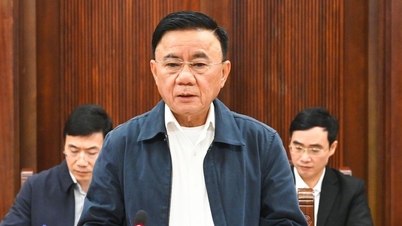

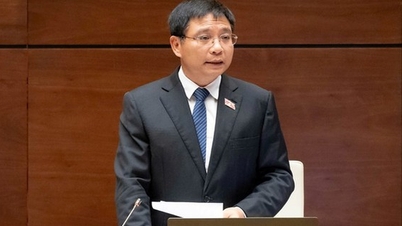






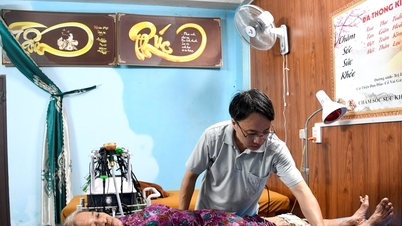

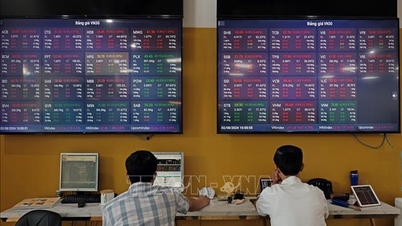




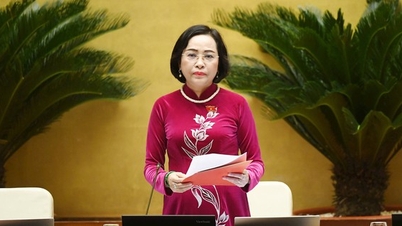








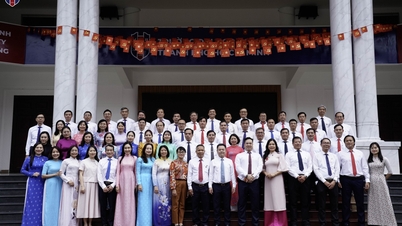

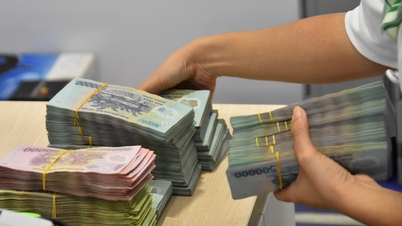
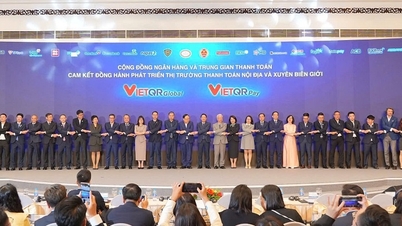











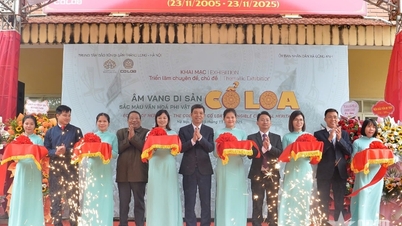


















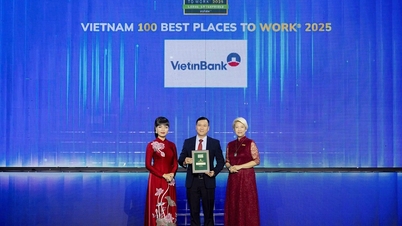













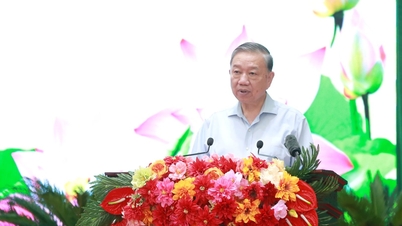






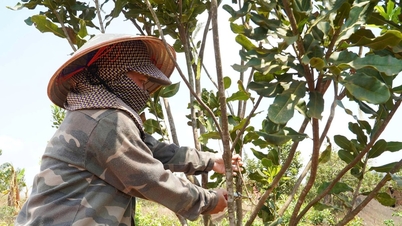

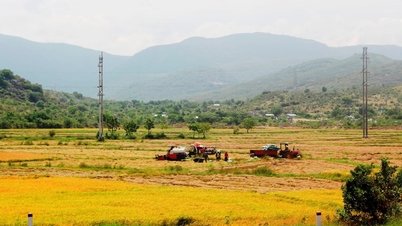

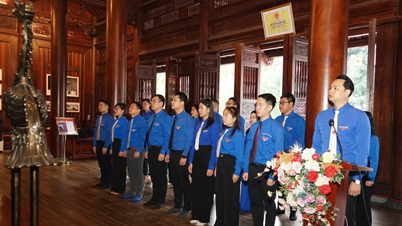



















Comment (0)